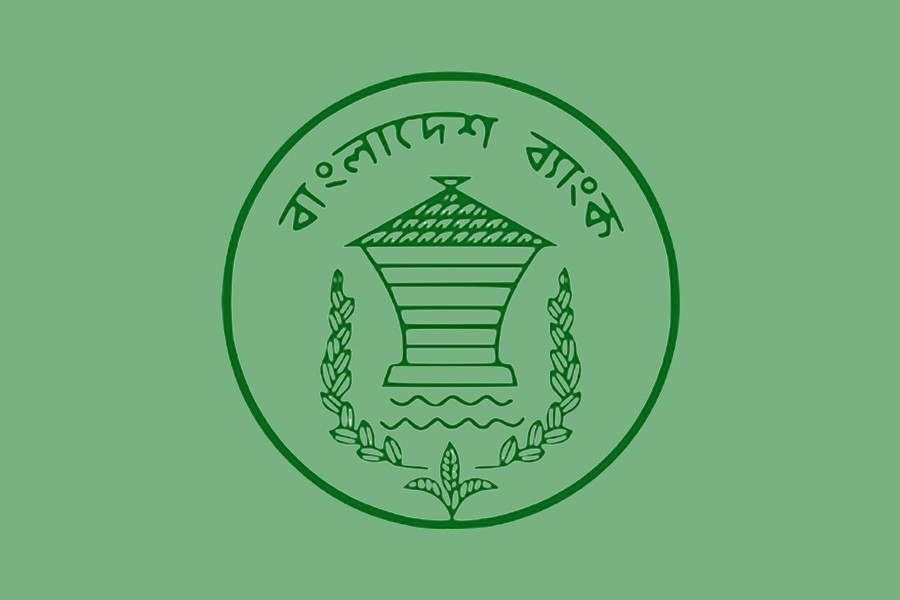Global commodity-price spirals amid unfolding geopolitical conflicts -- the Russia-Ukraine war at a peak -- may exert inflationary pressures on Bangladesh market.
Such concern is aired in the Bangladesh central bank's latest monetary policy-review outcome issued Wednesday, which also forecasts some economic growth-limiting factors of the present paradigms.
Driven by the non-food component, the headline CPI (Consumer Price Index) inflation exhibited an upturn in H1FY22, reaching 6.05 percent (point to point) in December 2021, due mainly to the pass-through of elevated global commodity prices in the face of supply shocks, higher shipping cost, and the knock-on effect of a recent upward adjustment in fuel (diesel and kerosene) prices on the domestic market.
Such volatility in the global commodity-price indices, the Bangladesh Bank review notes, possible inflationary pressure both in local and international markets and severity of the ongoing pandemic may undermine the country's growth prospect of 7.2 per cent.
It says otherwise the falling rate of Covid-19 infections, ongoing extended vaccination programme, the continuation of growth-supportive fiscal and monetary measures, along with solid growth in imports and exports, are expected to help strengthen economic recovery, that is, GDP growth of 7.2 per cent, a target set for FY22.
The BB feels that the import surge on top of the recent moderation in the growth of the inward remittance may create an unfavourable position in the balance of payments.

It mentions another vulnerability of the economy as the current-account deficit stood at US$ 8.2 billion in the first half to December 2021. It was a surplus of $3.52 billion in H1FY21 or July-December in 2020.
"Notwithstanding a growing surplus in the financial account, the overall balance posted a deficit of $1.8 billion, creating a depreciating pressure on the exchange rate during this period," it notes.
The central bank reappraisal of the country's economic health, however, finds the speed of this recovery having strengthened further in H1FY22, despite the outbreak of the omicron variant of Covid-19, as rise both in import and export demand, a pickup in private credit demand, and a strong growth in large-and medium-scale manufacturing output.
To maintain overall price stability and support growth-recovery momentum, the BB has been pursuing an expansionary and accommodative monetary policy by setting broad money (M2) growth target at 13.8 per cent for December 2021 and 15.0 per cent for June 2022,
along with a growth target of private-sector credits at 11 per cent and 14.8 per cent, respectively, for the same periods.
"In line with this policy stance, BB has kept its key rates unchanged at lower levels, e.g., cash-reserve ratio, bank rate, and reverse repo at 4.0 per cent each and repo rate at 4.75 per cent," the BB review observes.
It says during the first half (H1) of FY22, overall domestic financial markets remained vibrant and resilient amidst recurrent waves of the COVID-19 pandemic, reflected in easy liquidity and movements in the rates of money, foreign exchange, the securities market.


